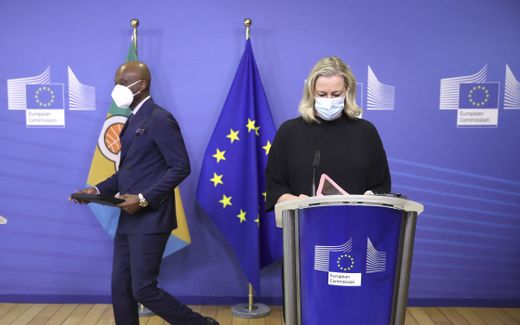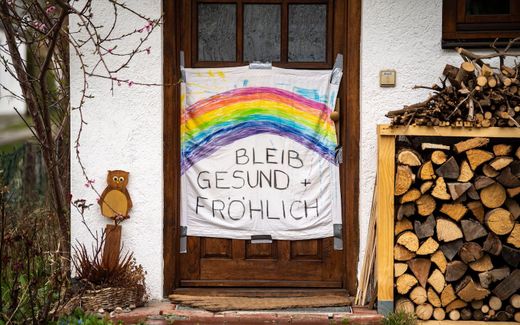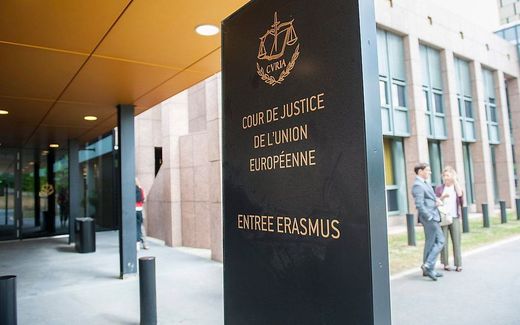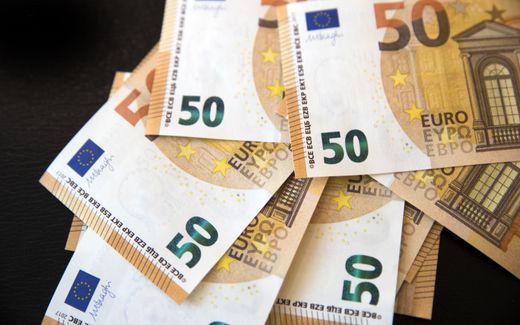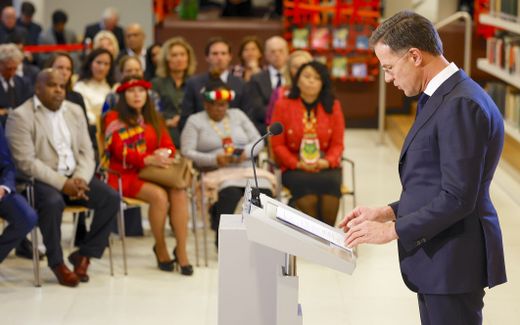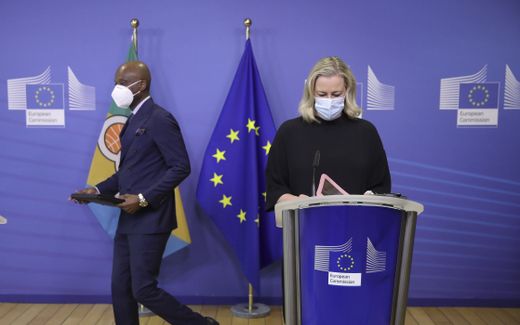Dutch minister: EU does not impose abortion legislation on third-world countries
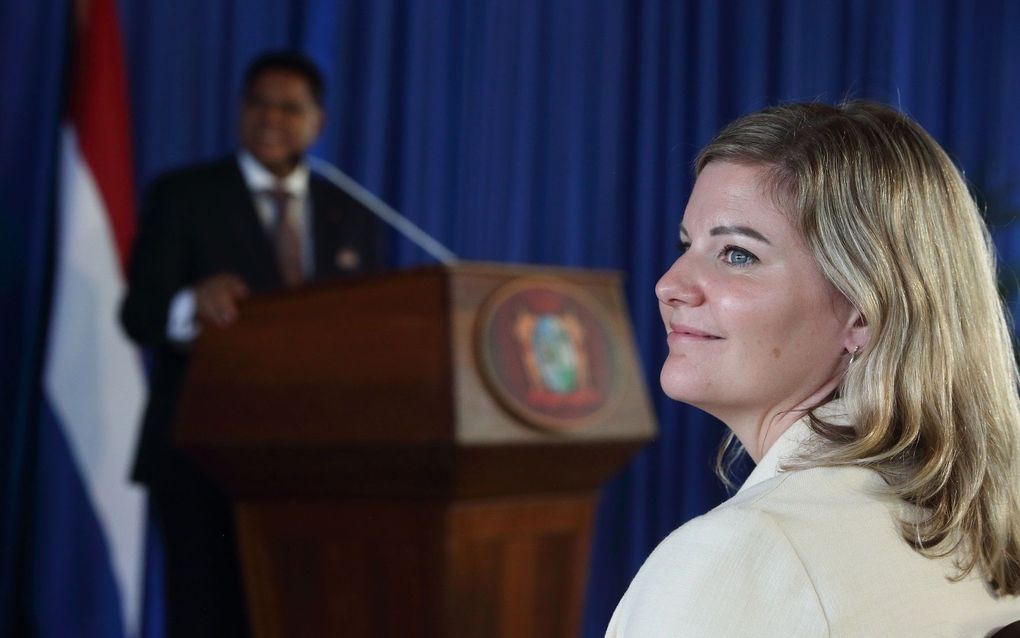
Dutch minister Liesje Schreinemacher during a visit to Suriname. Photo ANP, Ranu Abhelakh
Western Europe
The Dutch government and the European Union do not make adaptations of laws and regulations on abortion and LGBT as a precondition when concluding trade agreements with third-world countries.
This stated Liesje Schreinemacher, Minister of Foreign Trade and Development Cooperation, on Friday in response to parliamentary questions by the SGP MP Chris Stoffer. The Reformed politician wanted to know whether it is true that African or other third-world countries are "asked or even required to adjust their laws and regulations on abortion and LGBT, among other things", as part of entering into treaties with the Netherlands or the EU. In her response, Schreinemacher does not use the word abortion but rather "sexual and reproductive health and rights" (SRHR). That is an umbrella term that includes abortion.
Stoffer's questions were due to an article in the Dutch daily Nederlands Dagblad. The newspaper wrote in late January that African countries must massively amend their laws and regulations on abortion and LGBT rights if they want a new trade deal with the EU.
The treaty in question is the Post-Cotonou Treaty. This yet-to-be-approved agreement is to apply in principle for 20 years. The parties are the European Union on the one hand and 79 African, Caribbean and Pacific countries on the other. By the way, Schreinemacher stresses that it is not a trade treaty.
The treaty, as presented, lists numerous international agreements on SRHR and other issues. "In the Post-Cotonou Treaty, signatories commit to shaping existing international agreements as parties to these agreements," Schreinemacher writes. So, it is not only relevant what is explicitly described as abortion and LGBT. References to other agreements in the 187-page agreement are also important.
Positive
Former Foreign Minister Sigrid Kaag informed the House in 2021 that she was optimistic about the negotiation result and the draft agreement. The Netherlands had worked hard to ensure that human rights, including SRHR, were "firmly entrenched," Kaag said. The minister called human rights one of the "essential elements of the treaty." The EU can take measures against countries that do not comply.
In answers to Stoffer, Minister Schreinemacher states in the response that the negotiations were "based on equality" and with respect for each other's norms and values. "During the discussions and negotiations, the articles were not imposed unilaterally, but based on what the parties agreed upon," she writes further.
The Dutch cabinet supports governments and civil society organisations in shaping SRHR policy. This is done "always within the frameworks of international law and the legislation of the country concerned," the minister said.
According to the minister, "rights of lgbtiq± persons, women and girls and access to SRHR" are under increasing pressure worldwide. "The cabinet stands firmly for these rights and the international agreements that exist on them. It is, therefore, important to commit to the rights of marginalised groups at this very moment," Schreinemacher stated. "In doing so, the cabinet naturally considers cultural sensitivity and equality." However, cultural or religious sensitivities are "never a reason not to observe human rights."
Self-censorship
According to the minister, "self-censorship" about the Dutch position on these issues "does not fit into an equal relationship any more than the imposition of Dutch positions." The cabinet will continue to call attention to "SRHR and the equal rights of lgbtiq± persons" in international negotiations, Schreinemacher said. In doing so, the minister wrote that the cabinet is committed to "listening to and seriously considering positions and any objections of other parties and engaging in dialogue about them."
SGP MP Stoffer also wanted to know whether the European commitment is fair and proportional since other countries are often economically dependent. Schreinemacher, a Liberal, agreed that these "different dependencies" occur. "The cabinet is aware of this and supports the deployment," Schreinemacher said.
Related Articles


